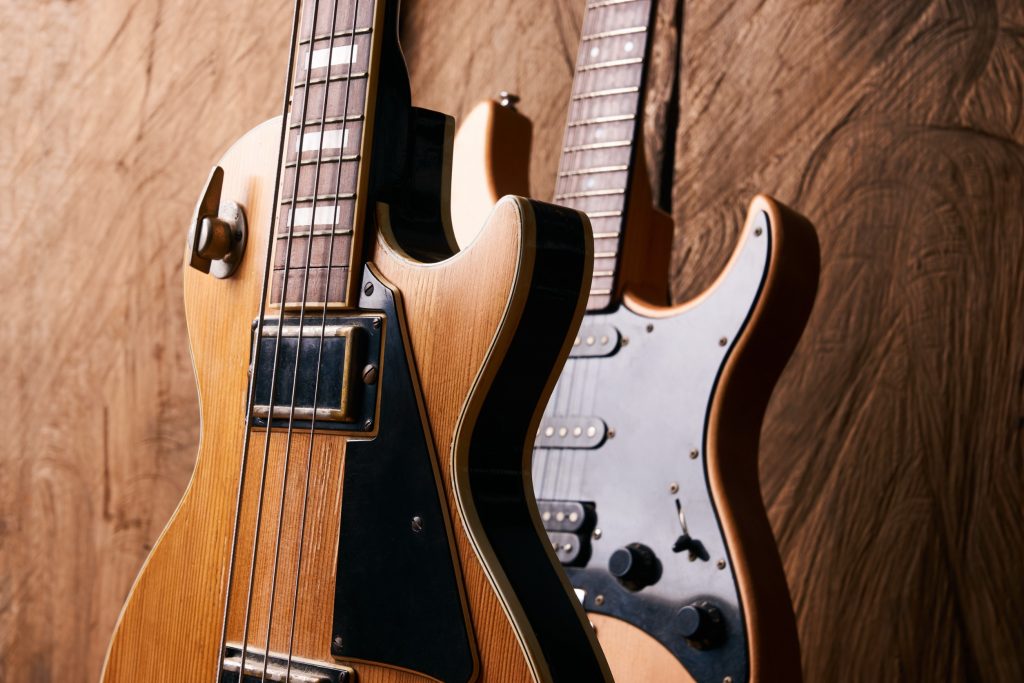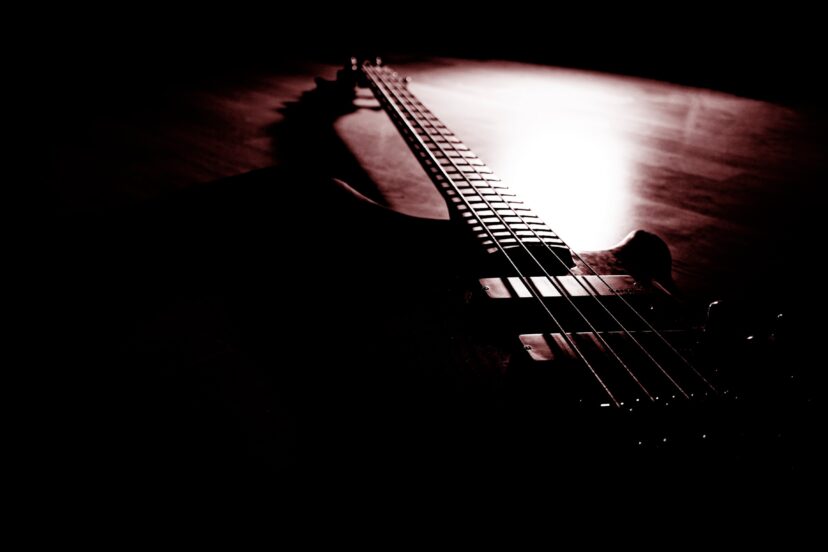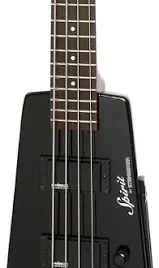Gibson Bass Guitars: A Definition of Quality
The Allure of Gibson Bass Guitars
As a seasoned bassist and self-proclaimed Gibson fan, I’m excited to share the magic of Gibson Bass Guitars with you. Gibson began producing bass guitars in the early 1950s. The first electric bass model introduced by Gibson was the Electric Bass in 1953. This was a violin-shaped model designed to be played upright thanks to a pull-out endpin, much like a double bass. The design and shape of Gibson bass guitars have significantly evolved over the years, reflecting changes in music styles and player preferences.
Understanding the Gibson Legacy
The Birth of Gibson
Our story begins in 1894 with Orville Gibson, a luthier from Kalamazoo, Michigan. His innovative ideas set the foundation for what Gibson is today—an iconic guitar brand revered globally.
Gibson’s Impact on Music
Over the years, Gibson has shaped the music industry with its remarkable instruments. Their bass guitars have found their way into the hands of legends and newbies alike, offering an unparalleled experience to all.
Distinguishing Features of Gibson Bass Guitars
What sets a Gibson Bass Guitar apart? Let’s delve into that.
Unique Design
From classic finishes to cutting-edge contours, Gibson Bass Guitars are a work of art. They’re not just musical instruments but an extension of your musical persona.
Superior Sound Quality
Gibson is famous for its warm, rich tones. Whether you’re playing blues or rock, a Gibson bass can ensure your low-end is as expressive as it is powerful.
Signature Gibson Bass Guitar Models
Gibson, an iconic American brand known for its high-quality guitars, has also produced some of the most revered bass guitars in the music industry. Among the broad range of Gibson models, a few have made a special mark in the music world. These instruments are celebrated for their craftsmanship, distinctive tones, and innovative designs. Here’s a brief overview of the most popular models of Gibson bass guitars:
Gibson Thunderbird Bass
Introduced in the early 1960s, the Thunderbird Bass quickly became a classic, thanks to its unique “reverse” body shape and powerful sound. It features a through-neck construction, dual humbucking pickups, and a distinctive look that sets it apart from other basses. The Thunderbird delivers a deep, growling tone that’s versatile enough for rock, blues, and beyond.
Gibson EB-0 Bass
The EB-0, first introduced in 1959, features a short-scale length and a mahogany body with a design reminiscent of the Les Paul. It’s equipped with a single humbucking pickup placed at the neck position, giving it a warm, rich tone with plenty of low-end punch. The EB-0 has been favored by rock and blues players for its ease of play and fat, distinctive sound.
Gibson EB-3 Bass
Following the EB-0, the EB-3 was introduced in the early 1960s, adding a bridge pickup and a four-way rotary switch to offer more tonal versatility. Its design is similar to the EB-0, with a short-scale length and a double-cutaway body, but the additional pickup options make the EB-3 suitable for a wider range of music styles, from rock and funk to jazz.
Gibson SG Bass
The SG Bass, also known as the EB-3L, is a variant of the EB-3 with a longer scale length. It shares the iconic SG body shape with its six-string counterparts, featuring a slim, double-cutaway body and two pickups for versatile tonal options. The SG Bass delivers a clear, punchy sound with the capability of producing both deep lows and articulate highs.
Gibson Les Paul Junior Bass
The Les Paul Junior Bass, reintroduced in various reissues over the years, takes cues from the simplicity and playability of the Les Paul Junior guitar. It typically features a single-cutaway body, a single pickup, and straightforward controls. Its simplicity, combined with a punchy tone, makes it a favorite among players looking for a no-frills, rock-solid bass.
Gibson Les Paul Bass
The Les Paul Bass combines the classic Les Paul body shape with the low-end depth and power of a bass. It features the luxurious appointments and build quality associated with Les Paul guitars, including carved maple tops, mahogany bodies, and dual pickups for a wide range of tones from deep, growling lows to clear, singing highs.
These Gibson bass models have left a significant mark on the music world, cherished for their unique designs, sonic versatility, and the rich musical legacy of the Gibson brand. Whether used in studio recordings or live performances, these basses have become favorites among musicians for their quality, playability, and unmistakable Gibson tone.

The Gibson Bass Guitar Sound
The ‘Gibson Sound’ is hard to define but impossible to forget. It’s all about depth, warmth, and resonance. It’s a sound that can fill rooms and touch hearts.
Considering Your Musical Style
If you’re into classic rock or blues, the EB Series might be your match. For something more edgy, consider the Thunderbird. Gibson offers models for all skill levels. If you’re a beginner, an EB-0 could be a great start. If you’re more experienced, you might want to explore more premium models.
Budgeting for a Gibson
A Gibson Bass can be a significant investment, but they’re worth every penny. Remember, a good bass is an investment in your musical journey.
Caring for Your Gibson Bass Guitar
A well-loved Gibson Bass Guitar can last you a lifetime if you treat it right. Regular cleaning, proper storage in a case or on a stand, and timely maintenance are key.
Conclusion
Gibson Bass Guitars are more than just instruments—they’re a legacy. Whether you’re just beginning your bass adventure or looking to elevate your game, Gibson offers a bass that can meet your needs. So why wait? Dive into the rich world of Gibson Bass Guitars today!
FAQs
- Why are Gibson Bass Guitars so well-known?
Gibson Bass Guitars are known for their unique design, superior sound quality, and the brand’s longstanding legacy in the music industry. - What are some signature Gibson Bass Guitar models?
Signature Gibson Bass Guitar models include the Gibson Thunderbird and the Gibson EB Series. - What is unique about the Gibson Bass Guitar sound?
Gibson Bass Guitars are known for their deep, warm tones that are rich in resonance. - How do I choose the right Gibson Bass Guitar?
Consider your musical style, skill level, and budget when choosing your Gibson Bass Guitar. - How do I care for my Gibson Bass Guitar?
Regular cleaning, proper storage, and timely maintenance are crucial to keep your Gibson Bass Guitar in top shape.




